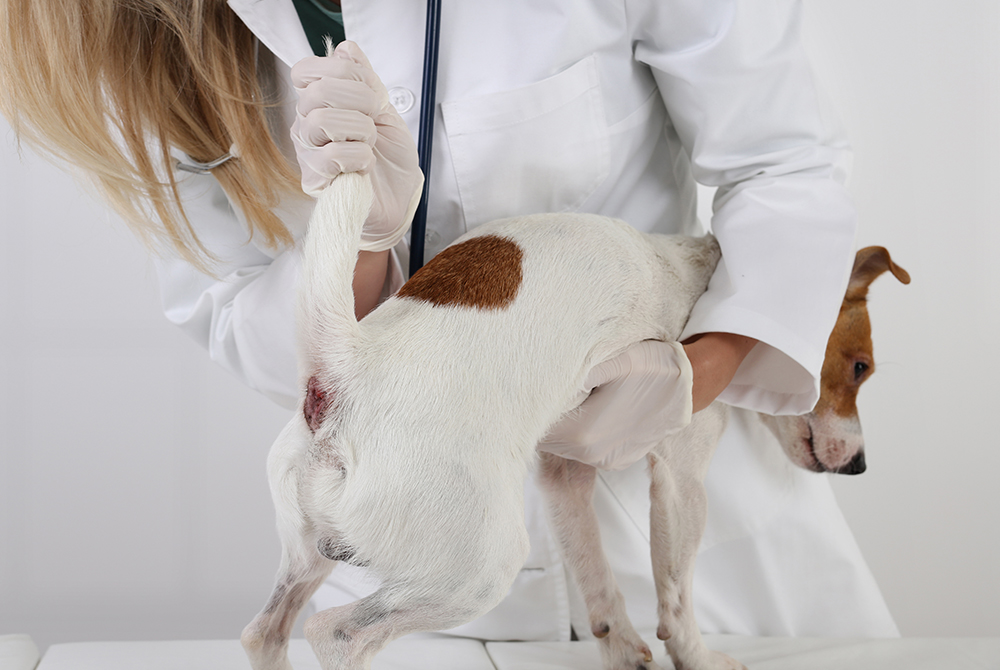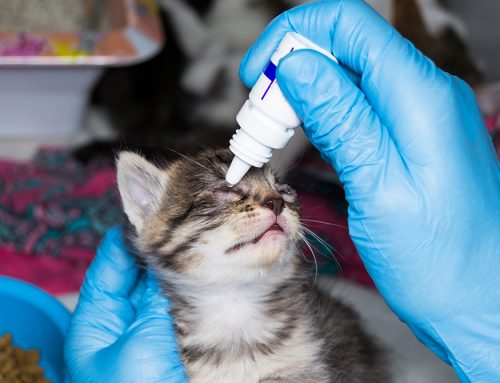Overview:
Prostate gland disease in dogs is a condition that affects the prostate, a small gland located near the bladder and urethra in male dogs. This gland plays a role in reproductive health by producing a component of semen. Prostate problems can range from benign enlargement to more serious conditions such as infections or tumors. Understanding these conditions can help in early detection and management.
Types of Prostate Gland Disease:
- Benign Prostatic Hyperplasia (BPH):
- Description: BPH is a non-cancerous enlargement of the prostate gland, common in older male dogs.
- Symptoms: Difficulty urinating, frequent urination, straining to defecate, and sometimes discomfort or pain.
- Prostatitis:
- Description: Prostatitis is an infection or inflammation of the prostate gland.
- Symptoms: Pain, fever, blood in urine, and abdominal discomfort. Dogs may also show signs of lethargy and decreased appetite.
- Prostate Cancer:
- Description: Prostate cancer is a malignant tumor of the prostate gland, less common but more serious.
- Symptoms: Similar to other prostate issues but can also include weight loss, lameness, and swelling in the pelvic area.
- Prostatic Cysts:
- Description: Fluid-filled sacs that can develop within the prostate.
- Symptoms: May cause discomfort and difficulty with urination or defecation.
Diagnosis:
A thorough examination by a veterinarian is essential for diagnosing prostate gland disease. Diagnostic tools may include:
- Physical Examination: Assessing the size and consistency of the prostate.
- Ultrasound: Imaging to evaluate the structure and detect abnormalities.
- X-rays: To check for tumors or other issues.
- Blood Tests: To detect infection or cancer markers.
Treatment:
Treatment options vary depending on the type and severity of the prostate issue:
- Medication: Antibiotics for infections, anti-inflammatory drugs for discomfort, or hormonal treatments for BPH.
- Surgery: May be necessary for severe cases, especially if tumors are present.
- Supportive Care: Includes pain management and adjustments in diet or lifestyle.
Prevention and Management:
- Regular Veterinary Check-ups: Essential for early detection, especially in older dogs.
- Spaying and Neutering: Can help prevent some prostate issues, as these procedures reduce hormone levels that contribute to prostate enlargement.
When to Seek Help:
If your dog shows any signs of urinary difficulties, pain, or unusual behavior, it’s important to consult a veterinarian promptly. Early diagnosis and treatment can significantly improve outcomes.
Contact Us:
For more information or to have your dog evaluated, please visit Mission Veterinary Clinic. We are located at 16915 San Fernando Mission Blvd, Granada Hills, CA 91344. Our urgent care facility operates on a walk-in basis, with no appointments needed. You can reach us at 818-363-8143. Our doors are open 7 days a week from 9am to 11pm.
Mission Veterinary Clinic
Urgent Care for Dogs and Cats
missionvet.com










Leave A Comment